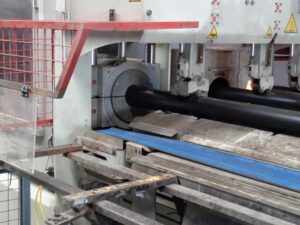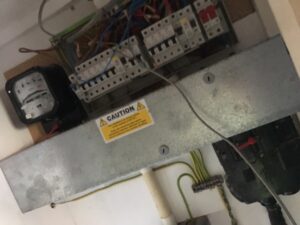Like with most of the Brexit situation, the UKCA mark is a confusing mess. Originally, the UKCA mark was supposed to replace the CE mark for equipment which originated in the UK and stayed here, with this coming into force at the end of 2020.
Then it changed so with the UK Government making provision for the UKCA mark, but having it being complimentary to the CE mark and not replacing it. The default would be the CE mark, but the UKCA mark is there in case there are circumstances where the CE mark cannot be used. An example of this would be if a company had made use of a UK Approved Body.
Now it has changed back again.
The default mark from 1st January 2021 is now the UKCA mark, but you are still allowed to use the CE mark until 1st January 2022.
This applies to all equipment placed on the UK market, with the exception of Northern Ireland who will still use the CE mark.




